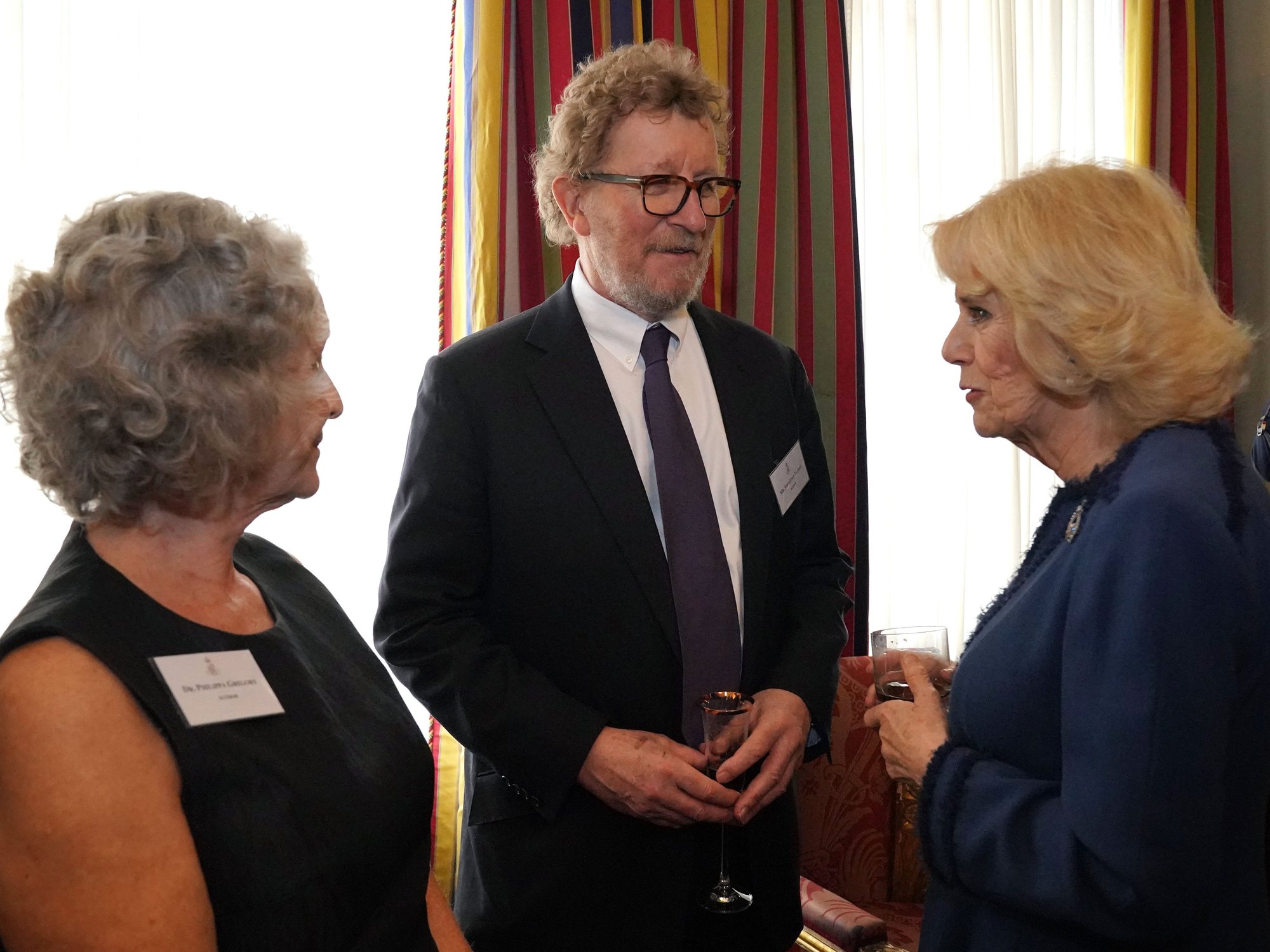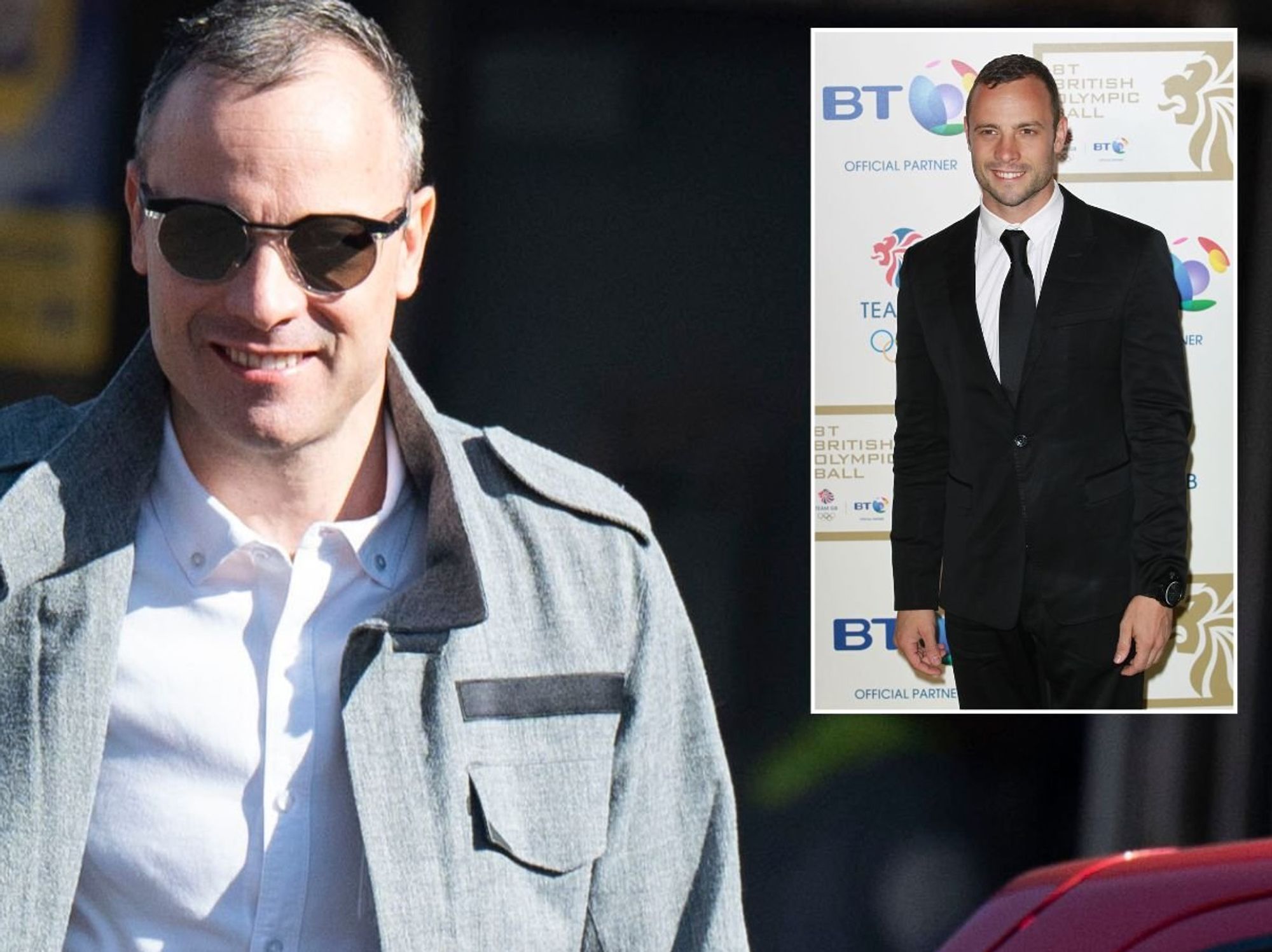Transgender athletes banned out of fear women would 'never win another Olympic medal again'

Watch now: Caitlyn Jenner says trans women are not really women

Transgender athletes are not longer able to compete in elite female competitions if they have gone through male puberty.
Don't Miss
Most Read
Latest
World Athletics president Seb Coe has explained the main reason for banning transgender athletes who went through male puberty from competing at the elite level stems from fears that female athletes will never be able to beat them for a medal.
The international governing body announced in March last year that they were following in the footsteps of World Rugby and World Swimming by banning transgender athletes who had undergone male puberty.
The ruling means athletes such as New Zealand weightlifter Laurel Hubbard, who qualified for the Tokyo Olympics, won't be able to compete in Paris this year.
LGBTQ+ groups branded the new policy as a "risk violating international human rights principles of non-discrimination".
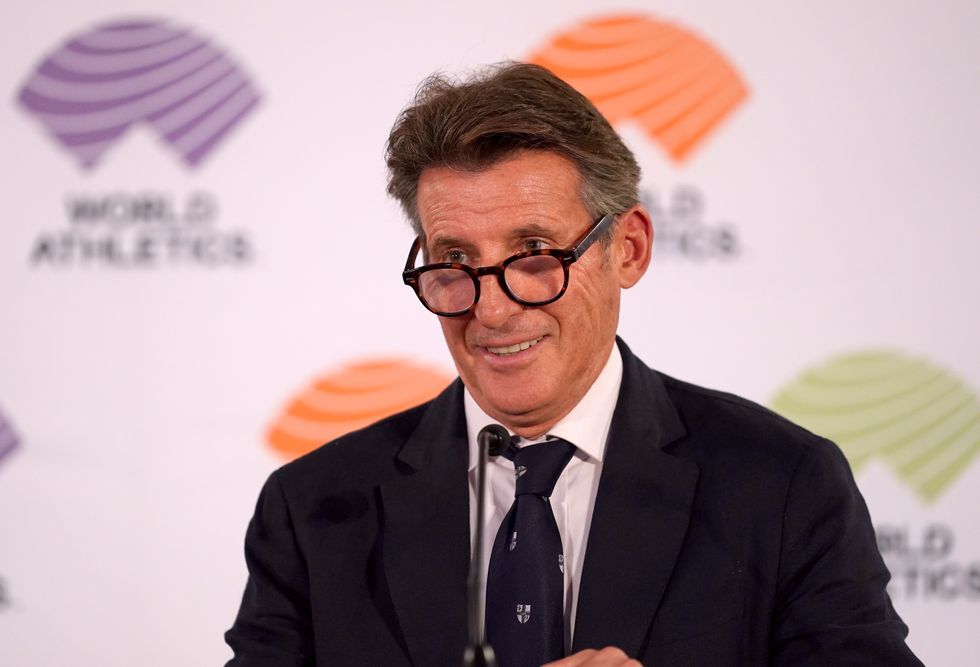
Sebastian Coe has defended the ban on transgender athletes
|PA
But Coe has made clear that World Athletics and other sports federations want to prioritise protecting fairness in female sport over inclusion.
"The decision (to ban transgender athletes) ultimately was based on one very simple proposition - I am elected to protect the female category and if I don't do that no woman will ever win another (medal) again," Coe said on the Up Front podcast.
The two-time Olympic gold medallist goes on to point out that the current policy in place only applies to elite level athletics as he doesn't want to see transgender athletes "denied the mental and physical benefits".
He added: “The transgender issue is only at [an] elite level.
"I’m not saying trans people shouldn’t be able to compete at a local level – we don’t want them to be denied the mental and physical [benefits].
"At this moment we’ve got the position we’ve got, I’m not going to bind the hands of my successor.
"It may be that we have a third category, though if you’re being realistic about it a third category is still a male category.”
Coe goes on to explain that World Athletics didn't rush into their decision to ban transgender athletes who have gone through male puberty.
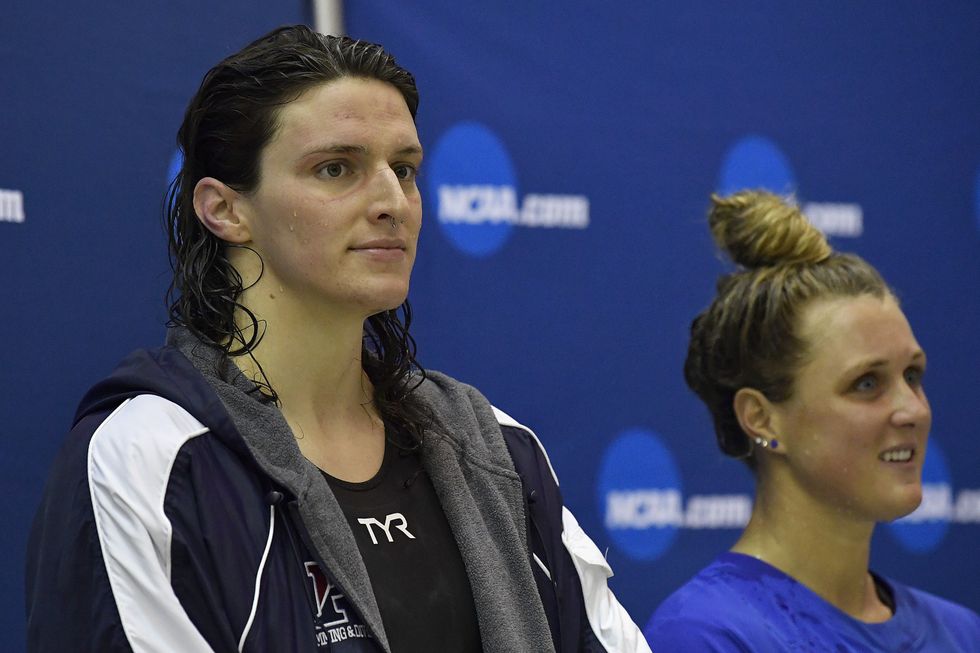
World Swimming also banned transgender athletes who have gone through male puberty
|GETTY
The 67-year-old insists the science behind the decision made it "very clear-cut" on what needed to be done to protect female competitors.
He said: “If you and I had been sitting here even two years ago we would not have been having a discussion about transgender in sport.
LATEST SPORT NEWS:
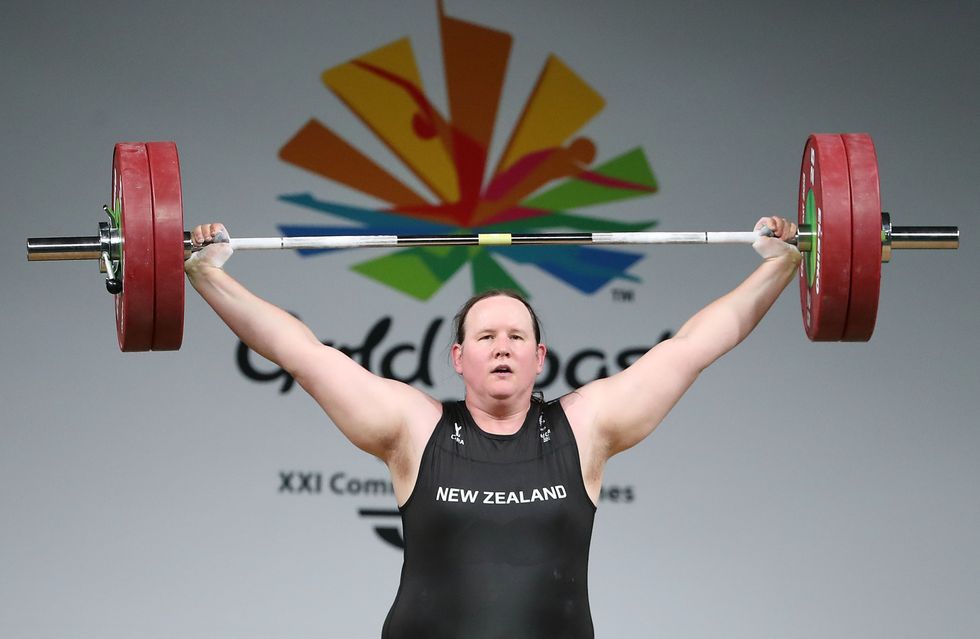
Laurel Hubbard won't be able to compete in Paris
|GETTY
"It’s a relatively new issue. I had to follow the science and nobody could tell me that by having a [hormone] suppressant that you could close that gap over one year, two years, five years, and that’s when I went, right … the issue was, for me, a very clear-cut judgment.
"If a male athlete has been through puberty then that [difference] is there.”






